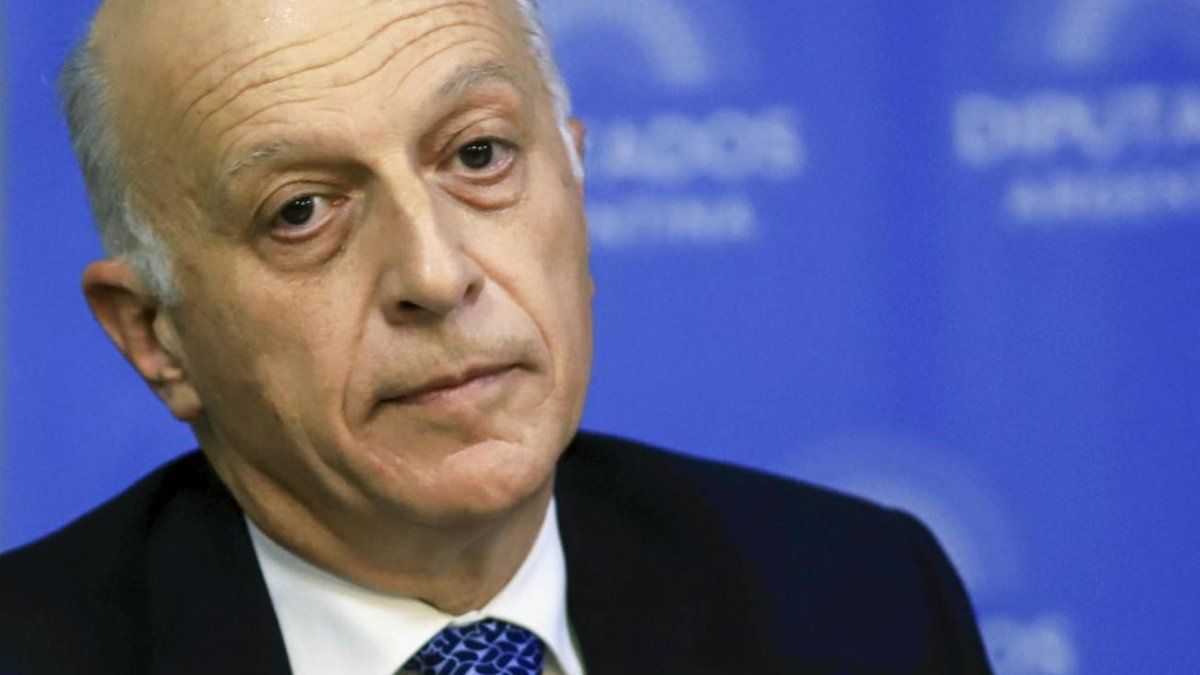Eduardo Casal requested suspension of the application of the failure known as “Levinas”. Warned that the decision of the highest court could generate serious complications for national prosecutors
The attorney general of the nation, Eduardo Casal, requested the Supreme Court of Justice the suspension of the application of the failure known as “Levinas”, that gives greater power to the justice of the City of Buenos Aires. He warned that the decision of the highest court could generate serious complications for national prosecutors, who are not enabled to intervene in Buenos Aires jurisdiction.
The content you want to access is exclusive to subscribers.
The judicial conflict and the request for suspension
Casal’s request adds to the resistance that different fueros of the National Justice have expressed, such as the penalty, civil, commercial and labor, in rejection of the application of the ruling issued by the Supreme Court. According to the attorney, the sentence creates a scenario of legal and operational uncertainty for prosecutors, since resources against national chambers failures should now be elevated to the Superior Court of Justice of the City (TSJ), instead of the Supreme Court .


The ruling in question, signed by Judges Horacio Rosatti, Juan Carlos Maqueda and Ricardo Lorenzetti, established that The sentences of national justice in the city must be reviewed by the Buenos Aires TSJ. This decision, which arose from a cause between the family of the artist León Ferrari and the journalist Gabriel Levinas, feels a precedent for all causes in the Buenos Aires jurisdiction. However, the position of Judge Carlos Rosenkrantz was dissident, arguing that the Buenos Aires TSJ is not the corresponding hierarchical authority to settle conflicts of competence with national courts.
Resistance in the judicial field
Since the ruling, various judicial chambers have expressed their rejection and plan to issue resolutions to oppose their implementation. In this context, Casal warned that the application of the criteria established in the “Ferrari” ruling will limit the actions of the Public Prosecutor’s Office of the Nation.
“The norms governing the powers of the Public Prosecutor’s Office of the Nation do not grant procedural legitimacy to intervene before local courts,” said the attorney. Consequently, national prosecutors would not be enabled to litigate in Buenos Aires justice, which could hinder the normal development of the processes.
Implications and application of Casal
Casal also warned about the risk of an overlap of functions between national and Buenos Aires prosecutors, with possible differences in the application of criminal policies and judicial criteria. “It is not possible to resolve the absence of constitutional and legal qualification of national prosecutors to intervene before a local court,” he said.
In this sense, the attorney suggested that the Supreme Court suspend the application of the ruling until clear norms are established that allow the actions of national prosecutors in the justice of the city of Buenos Aires. Meanwhile, the conflict continues to climb in the judicial field, with a growing rejection of different sectors to the new distribution of powers.
Source: Ambito




